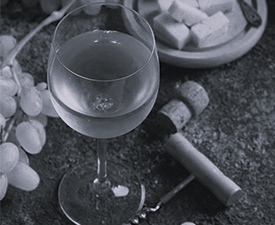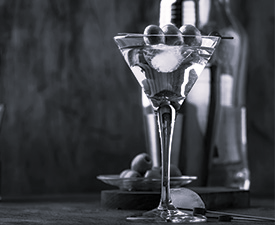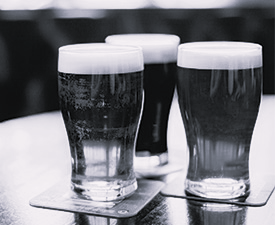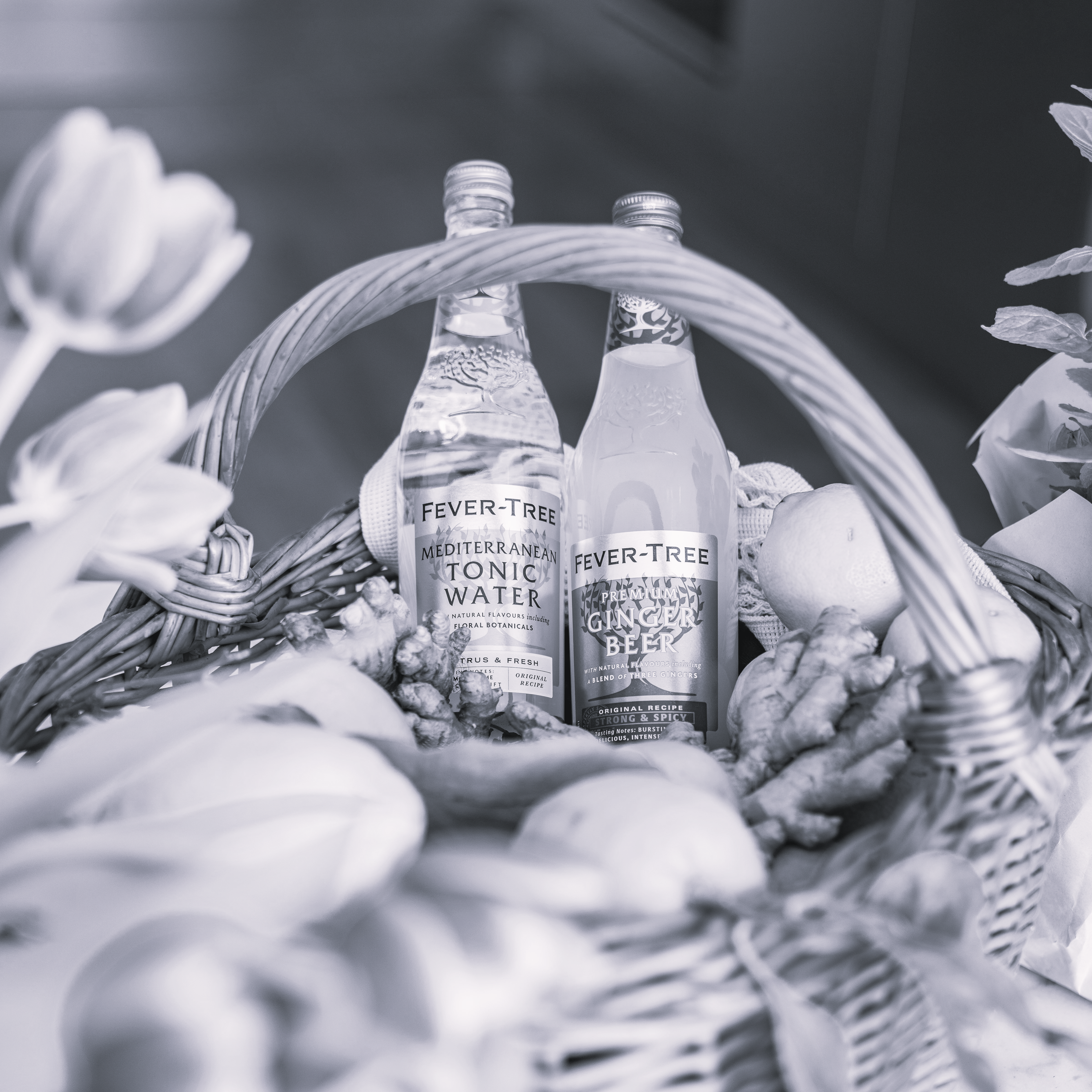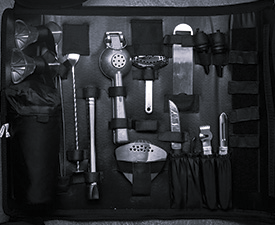The debate highlights the rise of craft beers as a force in New Zealand's liquor market, as discerning drinkers opt for the quality offered by smaller labels ahead of quantity and value.
According to the Brewers Association in the United States, a genuine craft beer-maker must be "small, independent and traditional".
Less than 25 per cent of a craft brewery should be owned or controlled by a company which is not itself a craft brewer, the association says.
Brewers Guild of New Zealand president Ralph Bungard says Kiwi beer consumers are rapidly getting a taste for a better-quality drop, and losing the "buying a 12-pack and glugging it down" mentality. "People are now realising that you can sit down and have a meal and have a beer that suits the style of that food." Bungard says the Brewers Guild, which counts 50 individual New Zealand breweries as members, is in the process of conducting a survey that will gather some solid statistics on craft's share of the market.
The bars in the capital, Wellington that are successful and growing are the ones that stock craft beer, he says, while the ones that still serve only mainstream beers are becoming less popular with the punters.
The freedom on-premise operators have to stock new beer brands will have an impact on the extent to which craft brewers will break into the Auckland market..
The big breweries sometimes have arrangements with bars and pubs that restrict the entrance of new beer brands. "It's anti-competitive," - "It's pretty much bribing the bars to not allow other beers in." Running a craft brewery might sound like a fun lifestyle, but Bungard says it's a relatively tough way to make a buck. "There aren't many brewers around that have really cracked it," he says. "But if you are good at what you do and you can keep your costs down then you can be quite successful."







